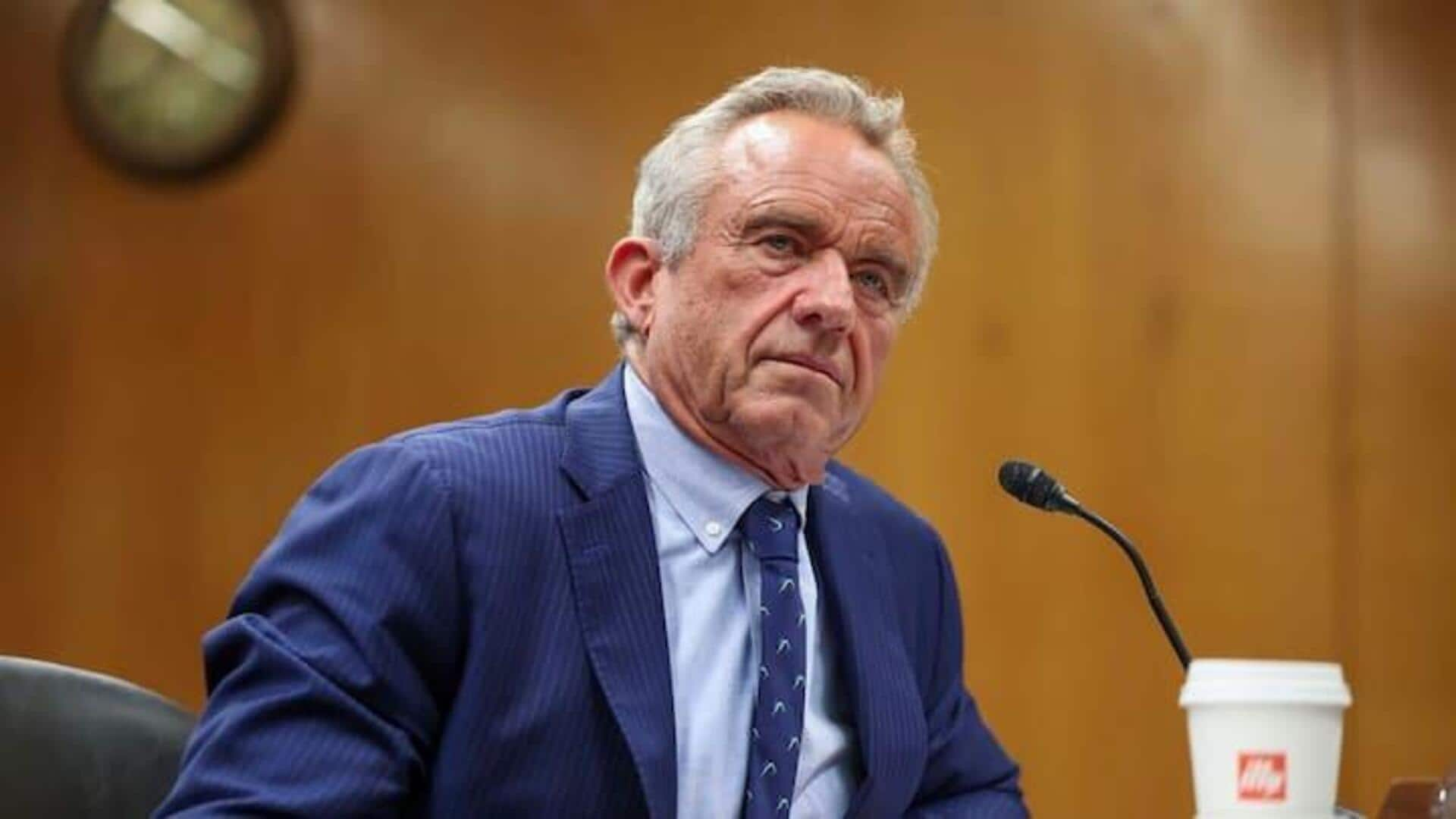Revisiting Vaccination: The U.S. Health Department’s New Advisory Committee on Immunization Practices (ACIP)
Introduction to the New ACIP Panel
Recently, the United States has seen a significant shift in its vaccination advisory landscape. Under the direction of Health Secretary Robert F. Kennedy Jr., the Advisory Committee on Immunization Practices (ACIP) has been reconstituted, fundamentally altering its composition and mission. The new seven-member panel convened for the first time on Wednesday, tasked with advising the Centers for Disease Control and Prevention (CDC) on vaccination schedules—a fundamental element of public health strategy. This reshuffle has ignited discussions and controversies, especially considering that all previous 17 members were replaced.
Change of Leadership and Controversies
The appointment of the new panel has raised eyebrows not just for its size but also for the profiles of its members, several of whom are known vaccine critics. This shift has led to debates regarding the motives behind the changes and the potential implications for public trust in vaccination processes. Critics fear that these appointments might undermine decades of medical consensus, especially in the context of prevailing vaccine skepticism.
The Mandate: Review of Child Vaccination Schedules
Heading the new ACIP panel is Dr. Martin Kulldorff, a figure who has drawn attention for his previous ban from Harvard for not complying with COVID-19 vaccination mandates. One of his key objectives is the comprehensive review of long-approved immunization schedules for children and teenagers. Dr. Kulldorff announced plans to form working groups dedicated to scrutinizing vaccines that have been on the market for seven years or longer, including foundational immunizations such as hepatitis B for newborns and the measles vaccine.
This ambition not only aims to reassess existing guidelines but also intends to keep the vaccination schedule relevant in light of new research findings.
Evaluating Vaccine Safety and Efficacy
During the panel’s inaugural meeting, Kulldorff emphasized the ACIP’s commitment to reexamining the "cumulative effect" of standard immunization schedules. This includes a close look at how certain vaccines, like the hepatitis B shot given at birth and the MMRV (measles, mumps, rubella, and varicella) combination vaccine, are administered. "Vaccines are not all good or bad. We are learning more about vaccines over time," he remarked, advocating for a nuanced understanding that evolves with new scientific insights.
The Rationale Behind Reviewing Old Vaccines
Questions about the decision to revisit vaccines approved seven or more years ago have sparked skepticism among experts. Bill Hanage, an epidemiology professor at the Harvard TH Chan School of Public Health, raised concerns that this approach might suggest flaws in the approval process of long-established vaccines. His apprehensions highlight the potential dangers of undermining public confidence in well-established immunizations without a solid foundation for such reassessment.
Delay in RSV Vaccine Recommendations
In another notable development, the new panel has postponed its vote on recommendations for RSV (Respiratory Syncytial Virus) vaccines. RSV is a prevalent respiratory virus that poses serious health risks, particularly for infants and elderly adults. The postponement of this significant vote has raised questions about the panel’s immediate priorities and the impact of evolving discussions on public health measures. Instead, the group shifted focus to an upcoming presentation by Lyn Redwood, a former leader of Children’s Health Defense, addressing the controversial topic of thimerosal in vaccines.
Historical Context: The Children’s Vaccine Schedule
The children’s vaccination schedule, which plays a crucial role in public health, was formally established amid the success of early immunizations in the 1960s and 1970s. Following the widespread effectiveness of vaccines against diseases like polio and measles, the CDC began publishing guidelines to ensure consistent immunization across the nation. Collaborations with the American Academy of Pediatrics (AAP) and the American Academy of Family Physicians culminated in the 1995 development of an annual recommended immunization schedule, outlining the timing and dosage of vaccinations from birth through adolescence.
Moving Forward
As the ACIP embarks on this journey of reevaluation, the future of childhood vaccination in the U.S. hangs in the balance. Stakeholders and the public alike will be keenly monitoring the committee’s actions and recommendations, keen to see how this new approach may redefine long-standing practices in vaccination and public health. The dialogue surrounding these developments is critical as communities strive to find a common ground in understanding the science behind vaccines and ensuring the health and safety of future generations.


